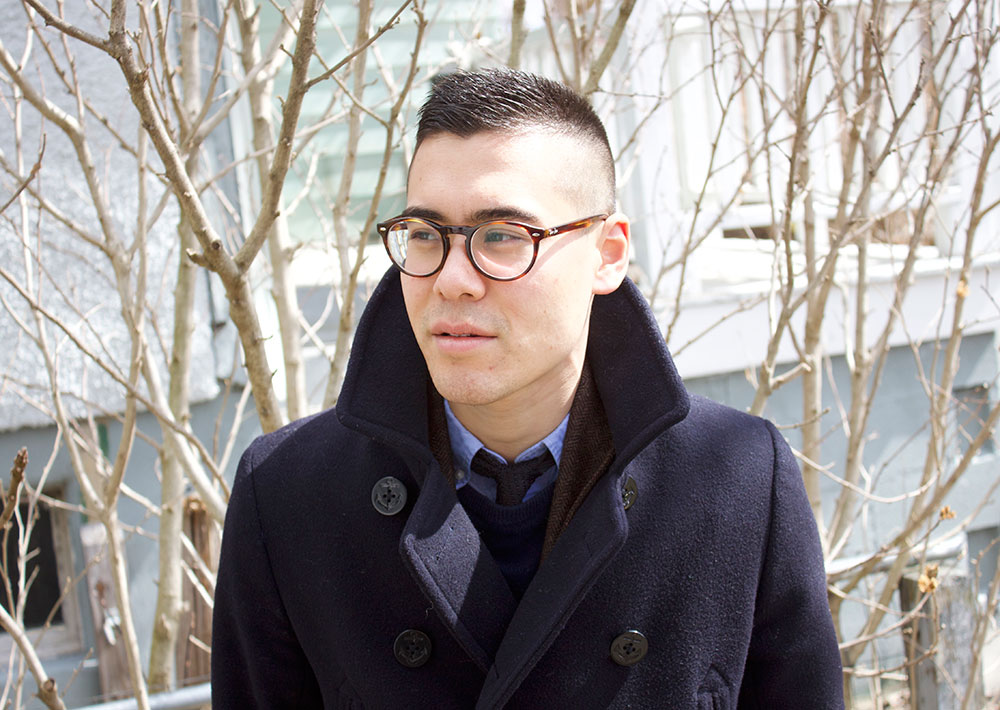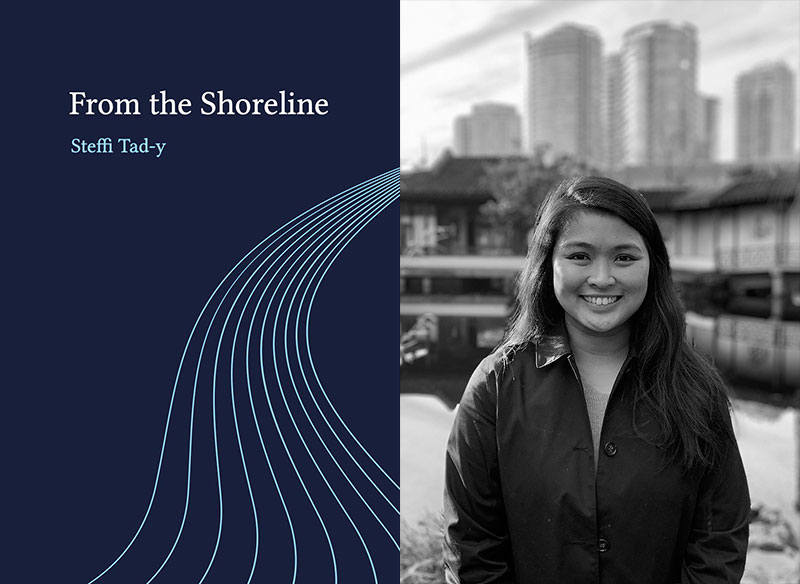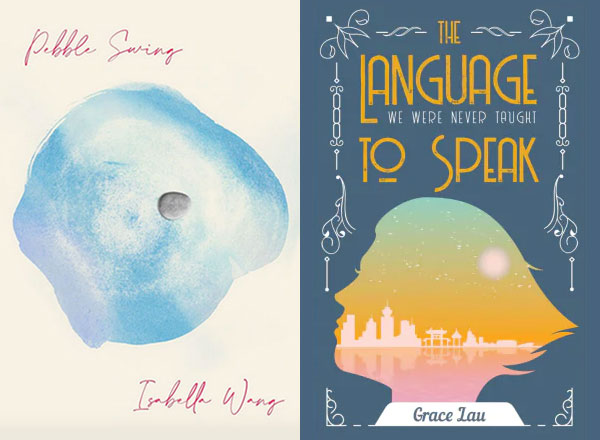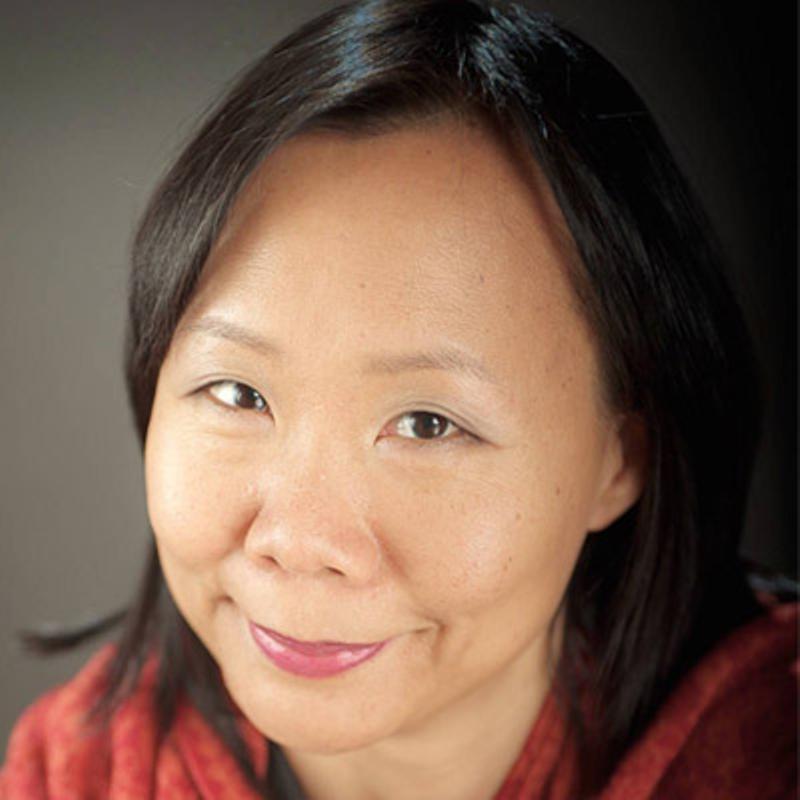Vancouver once had a thriving and sizeable Japanese Canadian community with neighbourhoods throughout the city.
But like so many other Japanese Canadian communities in the province, this community was gutted by forcible removal and internment, beginning in 1942. Over 21,000 Japanese Canadians lost their homes and businesses. Families were separated, and men and women were segregated. Thousands were held in the Pacific National Exhibition buildings at Hastings Park and their belongings were put up for sale or stolen.
“When Canada's internment era finally ended in 1949, Japanese Canadians had nothing to return to. Their homes, farms, businesses, fishing vessels, cars, family pets, personal belongings — in short, everything that they had been unable to take with them — were gone," notes the introduction to the book Landscapes of Injustice: A New Perspective on the Internment and Dispossession of Japanese Canadians. The book is part of a comprehensive research and public history project that explores the dispossession, displacement and internment of Japanese Canadians in the 1940s, and includes an exhibit, a narrative website and a future digital archive.
Like the Japanese Canadian community, Chinese Canadians, Filipino Canadians, South Asian Canadians and Polynesian Canadians had a longstanding presence in the province before the First and Second World War, each with unique stories of overcoming adversity and discrimination, and most of all, of building community.
Asian Heritage Month brings focus to the enduring legacy of these communities and their histories, both physically present and remembered, as well as to the experiences and influence of immigrants from the postwar diaspora.
With events going on across the city, here is an offering of a few resonant poems reflecting upon history, family and culture from recent poetry collections by Asian Canadians with B.C. roots.

Michael Prior grew up on the West Coast. Two generations before, his maternal grandparents were forcibly relocated to the Tashme internment camp near Hope. His poetry collection, Burning Province, explores intergenerational trauma and the author’s own mixed-race experience.
“The stories my grandparents shared with me about that time in their lives have shaped how I see the world and how I see myself in relation to it,” says Prior.
Having done extensive research on internments camps in B.C. for his previous book, Model Disciple, 14 of which he travelled to with his grandfather, Burning Province explores the legacies of the displacement and dispossession of Japanese Canadians during the Second World War through the lens of his maternal grandparents and family.
“I often call the book an elegy for memory: around the same time that I began working on the manuscript's first poems, my grandmother fell ill and passed away. We were very close, and her death made me think a lot about what it means to a community, to a family, to an individual, when living memory of a historical event is gradually replaced by institutional archives and second- or even third-hand stories as older generations pass away.”
He also explored various archives for the collection, visiting the Nikkei National Museum and Cultural Centre in Burnaby, and the Japanese Canadian Cultural Centre in Toronto. In 2021, he won the Dorothy Livesay Poetry Prize and the Canada-Japan Literary Award for the collection. But the work of writing the poems went beyond that research.
“Poetry is for me experiential rather than merely informational — and in that sense it seeks the truth of emotion, of imagination, even while it might respect historical fact. So the book wasn't written as a research project per se, but as an imaginative education for myself, a way of trying to engage the lyric poem as a means of discovery, reflection or refraction,” he says.
The following selection from Burning Province deftly intertwines experience, imagination and emotion through luminous metaphors and precisely rendered details in a poem about the sudden evacuation of his grandparents from their West Coast home.
A Hundred and Fifty Pounds
by Michael Prior
Each adult will be allowed 150 pounds
and each child will be allowed 75 pounds of baggage.
— B.C. Security Commission, 1942
after Kayla Isomura’s The Suitcase Project
In some, the luggage lies open
like a mouth mid-sentence.
In others, closed zippers grimace:
What would you have brought?
Slippers, a stuffed platypus, a gold watch
on a chain, copper pots swaddled in bedding.
The hypotheses: that thinking
can be things, that each decision shrinks
the pained mind to the space
inside a suitcase. Include
lacquered chopsticks, silver forks,
a hammer scarred by rust, the orders
nailed to telephone poles and doors.
Omit what you whispered then,
most of what you’ve seen.
I was given forty-eight hours’ notice, twenty-four.
I passed ice and pines and plains.
I rode an iron serpent
into the Interior
beside four hundred others.
It was humid. It was cold.
If pain is remembered
to be dismissed. If fear still seeds
its rotting forest. This
is a gardener’s trowel, a blue skein of yarn,
a violin, a ukulele, a ukulele, a ukulele.
This is a porch light
flicked on and off in abscessed night.
These are pear blossoms falling
on the driveway like footprints in black ice.
Memories, river stones,
metamorphic and worn. How many
might an able-bodied individual carry
through livestock-stalls and mud,
onto a bus, a train,
into a tiny, uninsulated shack?
Most say the same: It could happen again.
It is happening now. I couldn’t
make room
for a dogless collar,
a hound’s-tooth scarf, a steel urn
packed in Styrofoam, a letter
recording blood’s divisive fractions.
My father would not have come.
My mother. My stepsister. My brother.
What matters is not what you bring,
but what you keep.
She was there. He was, too.

Filipinx Canadian poet Steffi Tad-y explores the diasporic experience as it intersects with mental illness through the historical and personal in poems featured in her debut collection, From the Shoreline.
“‘Pre-existing Conditions’ is one of those poems whose ideas have long been percolating in my mind but took many years before it arrived on the page. I suppose it is a kind of self-portrait at a given moment, a sketch of who I was, where I come from, and the concerns I've wrestled with,” says Tad-y.
“It also served as a personal reminder of the complexity of my history as a Filipinx, the centuries of colonization and oppression we've been sieged by and the long-standing resistance that I see from us too.”
Pre-existing Conditions
by Steffi Tad-y
When the teacher said the tragic
& the comic are parts of the same whole,
I laughed.
More than five hundred years ago,
Spain & Portugal divided the world in half.
As per creative advice, this needed
embellishment.
More than five hundred years ago,
Spain & Portugal divided the world in half
so it was not uncommon to hear I own half of you.
(I am laughing so I won’t cry.)
Like a headstrong historian, I wanted to probe
what centuries of being owned
catapults into a psyche
but residing in Vancouver and spending time
as a function of money,
just plug in entities to replace Spain and Portugal
for the moment & most likely, the hustle leaves
you a husk.
Facing the bathroom mirror, say Subservience,
a pill on the counter you swallow before daybreak
subservience, subservience,
subservience, subservience,
until you arrive at subversive
over and over across Mountain View
Cemetery, over and over on Marpole,
Propped up on La-Z-boy &
gazing at Monterona’s paintings
in the basement of a greying house
on a plot that refused to be sold,
I dreamt of coconuts —
smashed
and smashing on the ground.

Local poet Isabella Wang’s debut collection, Pebble Swing, is one of the finalists for the 2022 Dorothy Livesay Poetry Prize. Her debut book deals with language and family history, including the aftermath of the Chinese Cultural Revolution, which affected her paternal grandmother. You can read two of her poems, “On Forgetting a Language” and “Lunar Feast,” in The Temz Review, which are also in her book.
Wang will be reading on Wednesday, June 22, with other local poets and spoken word artists at Famous Last Words: A Night of Funny People and Hilarious Poems.
Grace Lau’s explores language and identity, queer love, and family dynamics to reflect upon the stories of immigrants to Canada in her debut collection The Language We Were Never Taught to Speak. Currently living in Toronto, Lau was born in Hong Kong and grew up in Vancouver.
“… the language of care that our parents can speak to us is by showing actions. That's also a language that I didn't learn for a very long time, until it clicked for me. That's the language that I should have understood and should have learned, but I'm only learning to speak that now as I'm older,” she told CBC.
You can hear Lau read “The Thing with Asian Women Drumming,” one of the poems from her collection, on YouTube.
Explore what the city has to offer
With the annual LiterAsian festival having just wrapped up the first half of the month’s offerings, there are still almost two weeks of terrific events organized by explorASIAN during Asian Heritage Month, including concerts and other performances at cultural sites across the city. One highlight worth catching is an outdoor screening of a poetic silent video, every weekend this month, about the former Ho Tak Kee Wonton House that was destroyed by fire in 2009.
Director Leung Yiksea and producer Karin Lee’s six-minute piece is “one part fairy tale, one part cooking show and one part Cantonese school.” You may never look at wontons floating in broth quite the same way after discovering that the literal translation of “wontons” is “swallowing clouds.”
But of course, metaphors are everywhere, ingrained in the cuisines, rituals and histories of every culture and place. Just as with film, it’s magical how the lens of poetry can employ those metaphors to transmute experience into art. ![]()
Read more: Rights + Justice, Media

















Tyee Commenting Guidelines
Comments that violate guidelines risk being deleted, and violations may result in a temporary or permanent user ban. Maintain the spirit of good conversation to stay in the discussion.
*Please note The Tyee is not a forum for spreading misinformation about COVID-19, denying its existence or minimizing its risk to public health.
Do:
Do not: